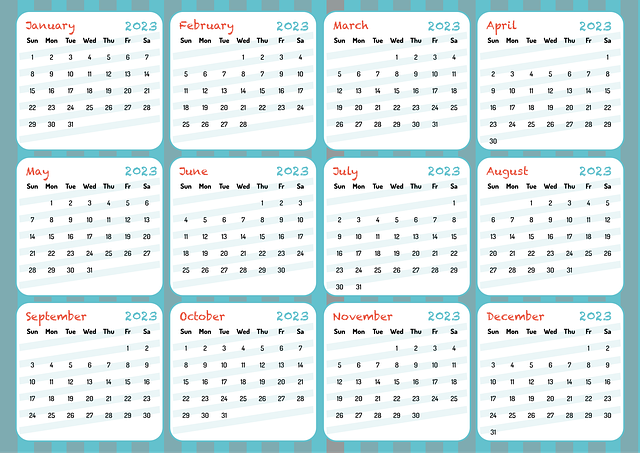Event Planning for Local Businesses emphasizes setting clear objectives aligned with host company goals, such as lead generation or community building. Communicating these objectives guides attendee engagement and ensures every event element contributes to success. Key planning steps include defining measurable success metrics (e.g., hosting 50 business owners for a digital marketing workshop) and understanding target audience needs to drive meaningful connections and tangible outcomes, fostering positive word-of-mouth promotion.
In the dynamic world of local business growth, efficient networking events can significantly impact success. This article guides event planners through optimizing each step from setting clear objectives to leveraging technology. We’ll explore how defining specific goals, understanding target audiences, and crafting a unique value proposition ensure a well-attended and memorable gathering. Additionally, we’ll delve into strategic logistics, engaging content, and interactive activities that foster meaningful connections among local business professionals.
- Setting Clear Objectives
- – Defining goals for the event
- – Identifying target audience and their needs
Setting Clear Objectives

When planning networking events for local businesses, setting clear objectives is the cornerstone of event success. Before finalizing logistics or promoting the gathering, organizers should define specific goals that align with the host company’s interests and aspirations. These objectives could range from generating new leads to fostering stronger relationships within the local business community, or even launching a collaborative initiative. By establishing these targets upfront, the event becomes a strategic tool for achieving tangible outcomes rather than just another social gathering.
Event planners should also ensure that these objectives are communicated effectively to attendees, allowing them to anticipate and prepare for how they can contribute to the event’s success. Whether it’s through icebreakers designed to encourage conversation or structured breakout sessions for targeted networking, each element of the event should serve the primary goals set forth by the organizers. This approach not only enhances participant engagement but also increases the likelihood of achieving meaningful connections and results for local businesses involved.
– Defining goals for the event

Setting clear and achievable goals is the cornerstone of efficient event planning, especially for local businesses looking to network and grow their reach. Before diving into logistics, organizers should define what success looks like. This could involve increasing brand visibility, attracting new clients, or fostering partnerships that drive mutual business growth. Goals provide a roadmap, guiding every decision from venue selection to promotional strategies.
For event planning in the context of local businesses, these goals may be more focused and measurable. For instance, a goal might be to host 50 local business owners for an interactive workshop, aiming to enhance their digital marketing skills by 20%. Defining such objectives helps in structuring the event’s flow, ensuring activities align with attracting and engaging the target audience effectively.
– Identifying target audience and their needs

When planning networking events for local businesses, understanding your target audience is paramount. Event planners should first identify the specific needs and interests of the business owners and professionals attending. This may include topics like industry trends, potential partnerships, or access to new resources. By tailoring the event around these requirements, organizers can ensure a higher level of engagement and satisfaction among attendees.
For instance, if your target audience comprises tech startups, focus on incorporating sessions that delve into emerging technologies, investment opportunities, and mentorship. Event Planning for Local Businesses should aim to create an environment that fosters meaningful connections and provides tangible value, encouraging participation and word-of-mouth promotion.
Efficient networking events require strategic planning, focusing on clear objectives and understanding your target audience. By defining specific goals and tailoring the event to meet local business owners’ needs, you create a meaningful experience that fosters valuable connections. This structured approach ensures your event stands out, attracts the right participants, and ultimately contributes to the success of local businesses in today’s competitive market.














